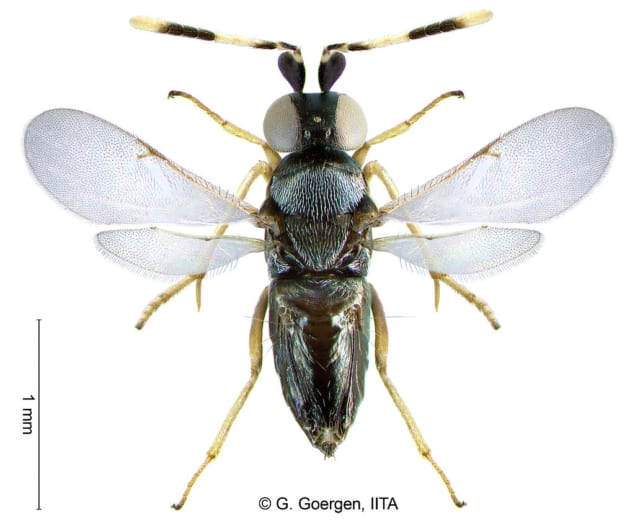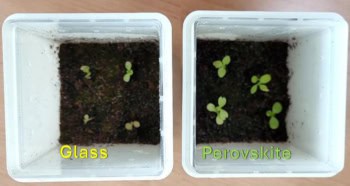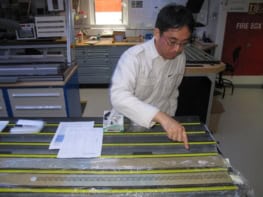
Biological control – the use of non-native species to control invasive pests – rings alarm bells for many. The release of cane toads in Australia in the 1930s to control pests devouring the sugar cane crop became infamous, with native wildlife suffering serious declines and the pests largely carrying on strong.
Yet high-profile failures like this are outweighed by more than 250 success stories such as the 1889 introduction of the vedalia ladybird beetle into California’s citrus groves that brought the “cottony-cushion scale” pest under control, or the release of plant-feeding weevils to clean up the invasive water hyacinth choking Africa’s Great Lakes. Analysis of a recent success story has revealed how valuable biological control can be, both financially and through its hidden environmental and human-health benefits.
Back in 2008, the cassava mealybug Phenacoccus manihoti, an aphid-like pest that feeds on sap, arrived in Thailand. Over the next two years, the nation’s cassava crop yields plummeted by more than one quarter. The export price of cassava-derived commodities such as starch surged by 162% and the global cassava trade saw a drastic restructuring, with markets importing cassava-derived products from other countries and substituting different crops.
“Local farmers resorted to insecticides – including products that have recently been banned in Europe,” says Kris Wyckhuys of China Academy of Agricultural Sciences and the University of Queensland, Australia.
In 2009 the Thai Royal Government authorised the release of a South American parasitic wasp, a biological pest control already proven successful across Africa during the 1980s. Around a millimetre long, Anagyrus lopezi solely attacks cassava mealybug, and does not cause any undesirable environmental impacts.
The wasp rapidly brought the cassava mealybug under control and restored crop yields to their pre-invasion levels by 2012.
“It is an entirely cost-free pest control service which naturally propagates from field to field and does not require any intervention on behalf of individual growers, except for refraining from using pesticides,” says Wyckhuys, who published his findings in Environmental Research Letters, Journal of Pest Science and PeerJ. “In many countries, chemically-synthesised pesticides continue to be the first line of defence when addressing invasive pests. For decades those pesticides have been shown to inflict damage on human health and the environment, but with effective biological control in place we simply no longer need them.”
Wyckhuys and colleagues estimate that the introduction of the insect saved Thai farmers as much as $700 per hectare as well as bringing stability to global cassava (starch) markets. Cassava is used for human food, animal feed and biofuel, as starch and to make the artificial sweetener sorbitol and the flavour enhancer mono-sodium glutamate. Thailand is the world’s largest starch exporter, the researchers showed, with 36% of global trade volume. The country is also the biggest supplier of cassava-derived commodities to China.
Awareness of biological control methods is growing; many of Europe’s organic farmers and greenhouse growers rely on the parasitic wasp Encarsia formosa to suppress the greenhouse whitefly and protect valuable tomato and cucumber crops. As history has taught us, we need to exercise caution when using exotic biological pest control organisms, but Wyckhuys and his colleagues believe that with current safeguards, those benefits shouldn’t be underestimated.



